Be it ballet or salsa, 28-year-old Antara Ashra helps dance lovers make the right moves
Mumbai-based Future School of Performing Arts (FSPA) offers training programmes in Western dance styles to aspiring and professional dancers. It is also a hub for recreational classes, rehearsals, and shoots.
Dance, they say, is the hidden language of the soul of the body. But in India, dance is either Bollywood or a hobby. It was to fill this gap that Antara Ashra 28, in January 2016 founded the Future School of Performing Arts (FSPA), an institute that provides formal education in dancing styles such as ballet, jazz, salsa, and more.
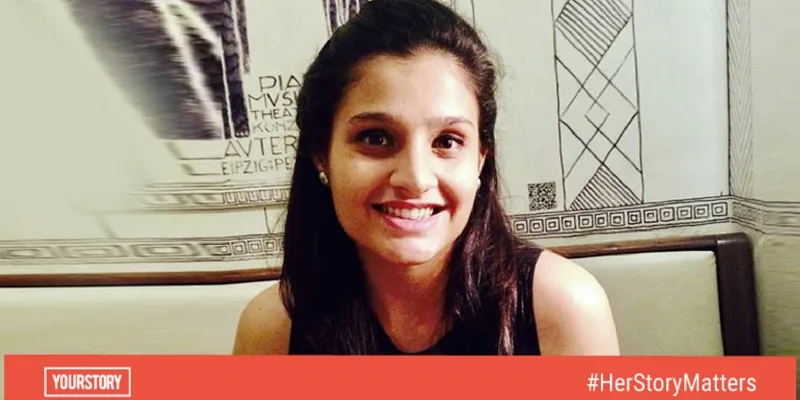
Born and raised in Mumbai, Antara was 13 years old when she went to study in a boarding school, United World College, Singapore. She says the school pushed her towards social issues.
“It was at school that I realised how important social impact was; I soon wanted to pursue a career that helps in bringing change,” she says.
Antara aspired to be a journalist, so went on to pursue courses in English and communication at the University of Toronto. However, she always remained aware of the fact that there was no better place to make an impactful change than India.
In 2012, after returning to India, Antara did a two-year fellowship programme at Teach for India. “I was a class teacher for two full years to Class 3 and 4 government school students in the bustling area of Lalbaug,” she recalls.
Merging academics with dance
Both her experiences in the education sector - as a student in Singapore and being an educator at Teach For India - exposed her to the multifold impact of education on the society at large. The turning point came while Antara realised that some of her students who did not excel at academics were very good at co-curricular activities.
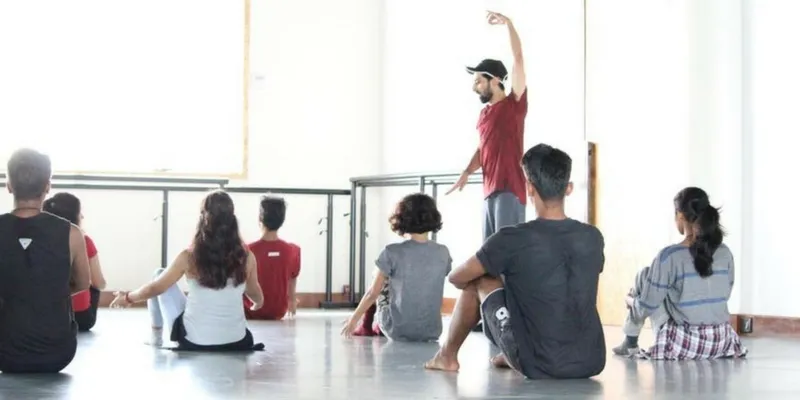
To discover their true potential, Antara began with her classroom, where she gives them an opportunity to demonstrate their potential for creative arts and athletics. She also noticed with the method of dancing and singing, students were able to grasp the knowledge of the classroom in a far better way.
Antara says:
“In India, dance is considered a hobby, not a career option. Some students who excel in it either quit midway because of academic pressure or because they do not have the financial resources to pursue it as a career option. Moreover, when it comes to Western and European dancing schools, there are many training centres but there isn't any formal education trajectory.”
She highlights that many of these institutes look at it as a form of recreation or “training”, and not as an education. “This is an area where there are immense talent and demand, but the ecosystem is limited. Therefore, many talented and passionate artists have to pursue other careers,” she says.
Dance: not just a hobby
After completing her fellowship in 2014, Antara started work on building a world-class performing arts institute.
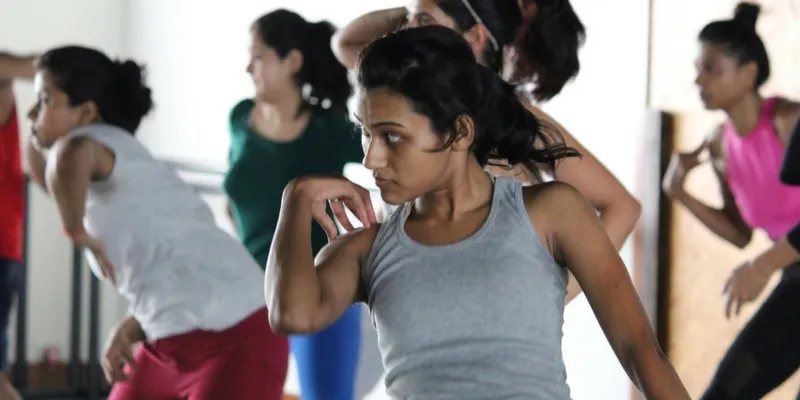
She came across an unused 5,000 square feet space at Kalina, which her family had kept for opening an office space and decided to put it to use. She says,
“If I didn’t have this space, I would not have opened FSPA, as rents in Mumbai are very high. So I built this space with the world’s best facilities available to the student.”
FSPA provides educational and training programmes for aspiring and existing professional dancers; it is also a hub for recreational classes, rehearsals, and shoots.
The vision is to “empower individuals toward excellence through performing arts, and become a formal school and education platform for dance education with degree opportunities, training programmes and scholarships”.
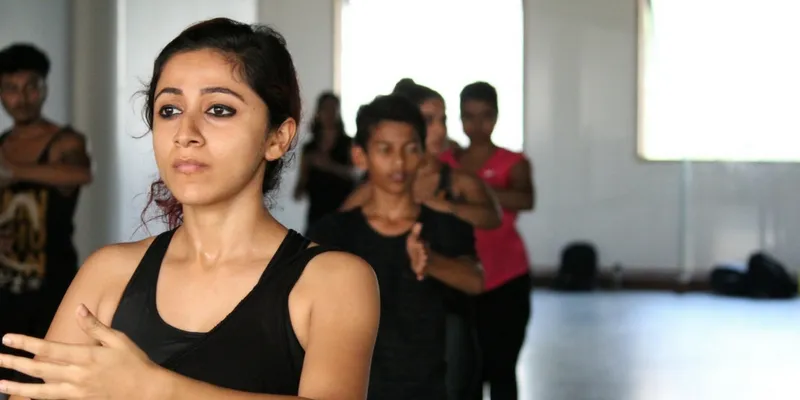
FSPA's programmes are catered to develop “vision-oriented, aware and excellent dancers who seek a long-term, impactful and successful career in Dance and Performing Arts in India.
Currently, FSPA offers a full-time diploma programme spread over 10 months for aspiring dancers seeking to excel in the dance and performing arts industry. The programme aims to train dancers who can make a strong impact in the Indian performing arts space.
Antara says,
“At FSPA, we are not aiming to just build dancers, but artists who have a long career.”
The diploma programme focuses on the best techniques of Western and European dance. Students also learn about becoming an entrepreneur as they learn about skills goals, and are also given an exposure to an array of career options after they have completed the course.
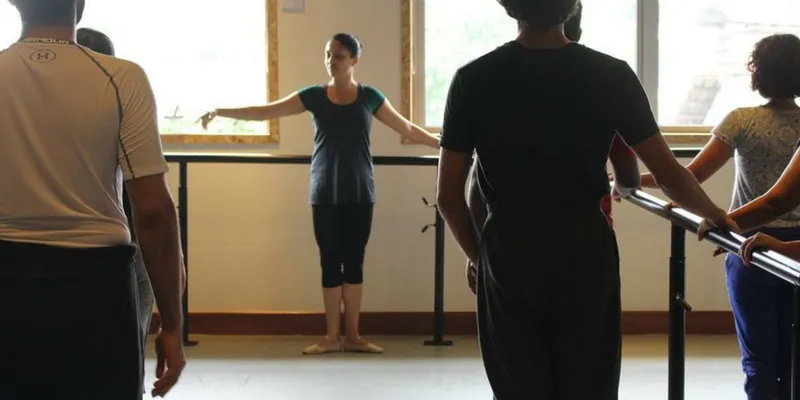
The current batch has 12 students with 6-hour classes on weekdays. Antara says, “We want to look at a small number of students; we want to have a maximum of 25 students. That way, we can track students on a day-to-day basis.”
The applications for FSPA open from January 2018 and close by April 2018. The programme fee goes up to Rs 1,35,000, exclusive of taxes.
FSPA also provides scholarship opportunities. Antara says, “Scholarship is a core part of our vision to make this affordable for students in India who do not have the opportunity to pursue a degree in Western and European dance institutes abroad.”
FSPA’s programme, with professional experts from the field, has a focus on leadership development, exposure and skill development, and strong professional training in the performing arts.
A space for all
FSPA is just not a professional school, but also has a studio facility, where one can use the space on a rental basis for long-term rehearsals, practice, and training for professionals within the spheres of performing arts, dance, theatre, and film.
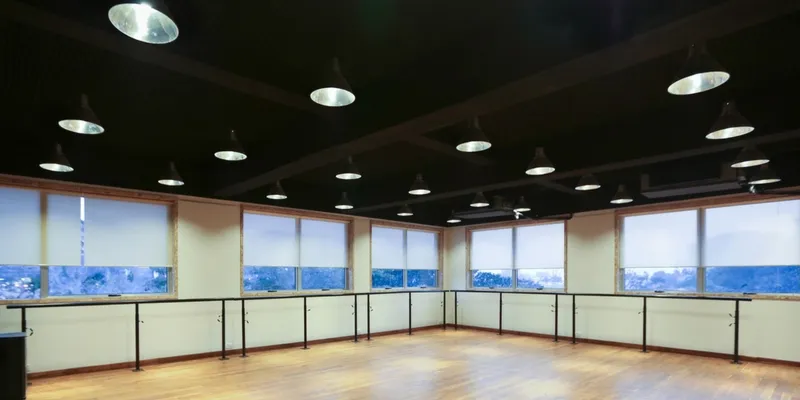
Antara believes in the importance of the space contributing to one's work, and her studios do just that. “Those who are seeking long-term space associations, which could span through a single day to over four hours a day or for weeks/months, are welcomed here,” she says.
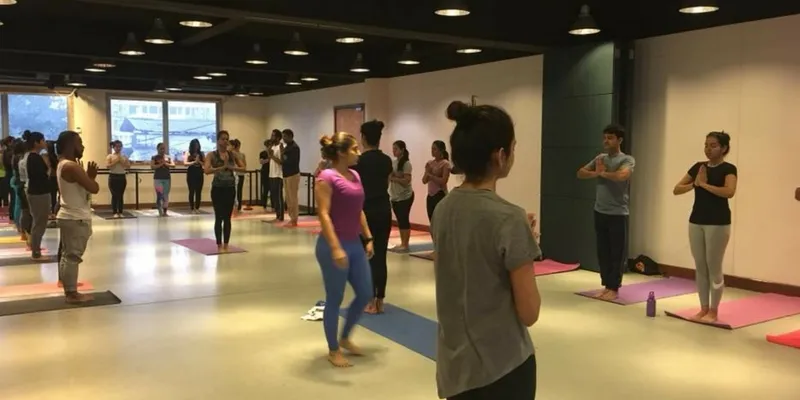
FSPA is now working to build a three-year programme, which focuses on dance as a medium of education. Antara aims to “empower” the dance space by making it an “aspirational education and career option for our youth”.
Antara says,
“Our goal is to build strong alumni working with a strong vision and empowering the dance space by contributing to a growing ecosystem.”







